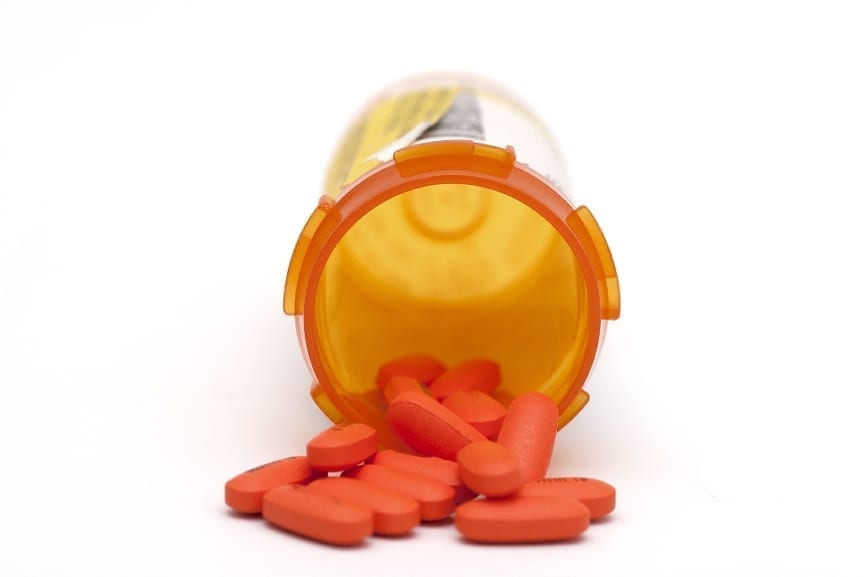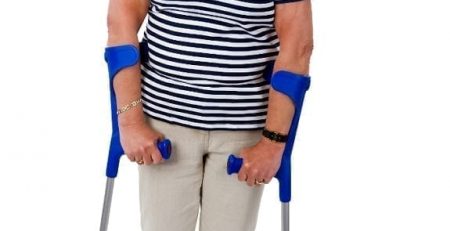Why The FDA Should Allow Patients & Doctor’s Make Treatment Decisions
Over twenty million Americans the age of forty or older suffer from Cataracts. At the moment there are surgical procedures which Doctors can implant synthetic lenses but the patient will require additional tweaks to their lenses after the surgery. However, there’s a product on the market from Calhoun Vision which makes real-time adjustments to the synthetic lens. The only problem… You can’t get them in the U.S. because they haven’t been approved by the FDA. However, this product has been available for sale for the past six years in the European Market.
In Europe, products are required to be proven safe before being approved. Whereas the U.S. a product more complicated than a Band-Aid is required by the FDA to not only be proven safe but demonstrate rigorous clinical trials before being approved. This process takes a minimum of seven years and typically ten-to-fifteen before we see the product on the U.S. market. However, the FDA states about 700 devices/products are recalled annually for safety reasons. Even so, the FDA is far too cautious with obstructing patients from receiving their much-needed care. When discussing novel devices, the U.S. government should let patients and doctors make informed decisions about which risks they’re willing to accept. There is a precedent: The FDA regulates cigarettes, known to cause cancer and respiratory disease. Packs are sold with FDA-required labels that warn of the risks. The FDA could do the same for new medical technologies. Once a device has been proved safe in clinical trials and after fair warning about potential side effects, patients and their doctors should be free to determine how effective it is. Of course, there’s a possible threat of receiving a malfunctioning device, or bad implant, but the new FDA monitoring could serve as a safeguard. The system requires that most new medical devices have a unique code identifying their make, manufacture date, and lot number—to be stored in a publicly accessible database. The FDA could use the database to disseminate important information about such devices in the future. And doctors can always report any issues. Developments in medical technology are outpacing regulation, so we have to build a system of oversight that’s just as fast.














